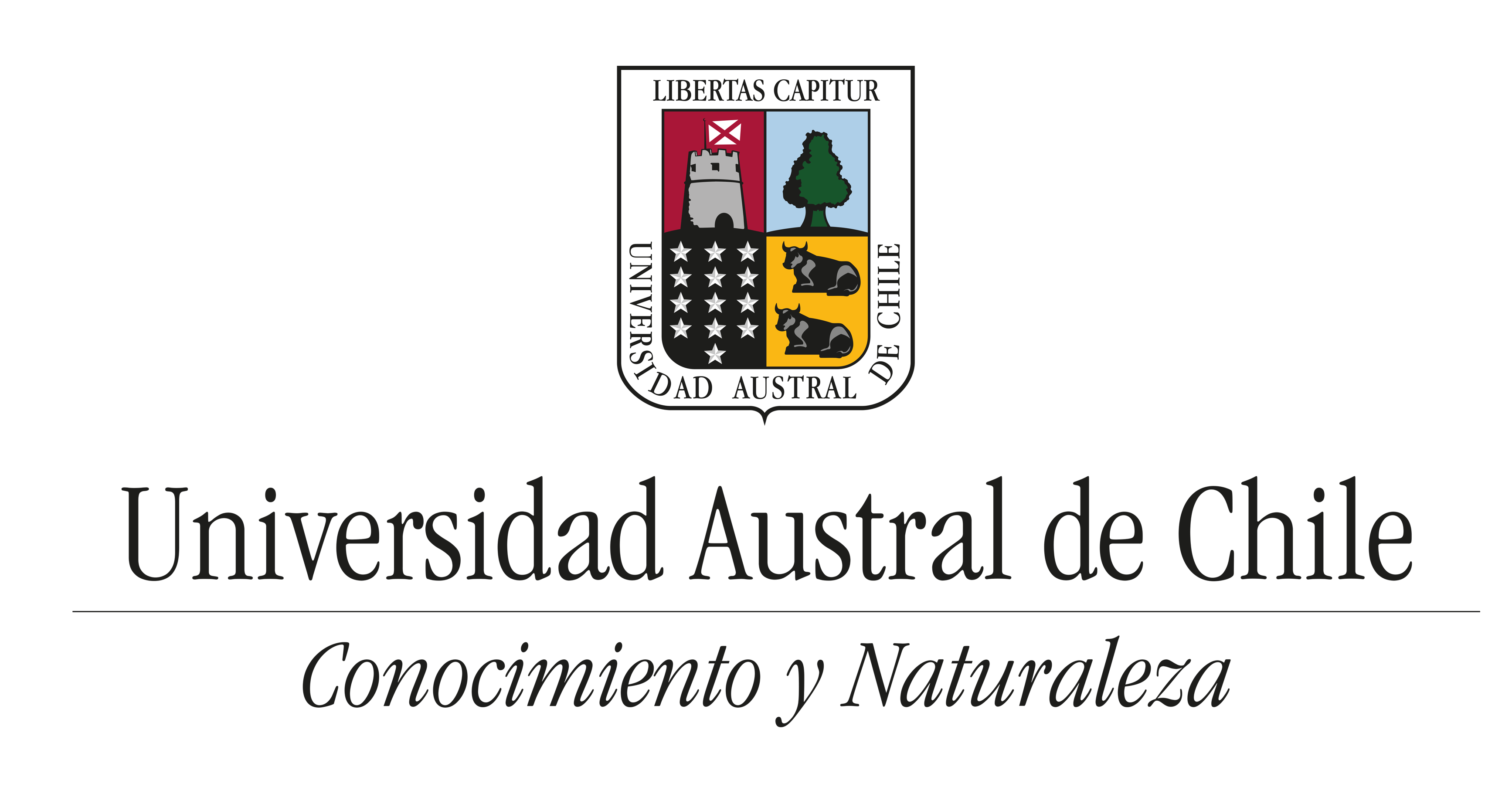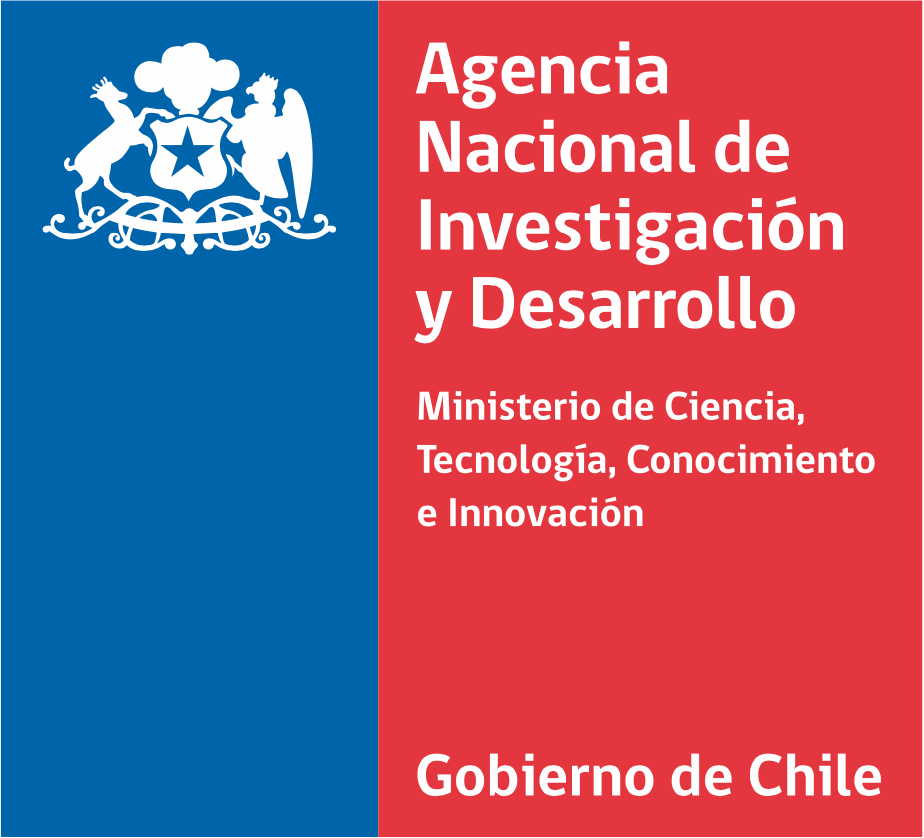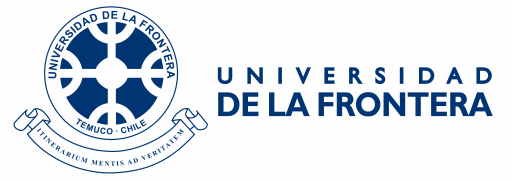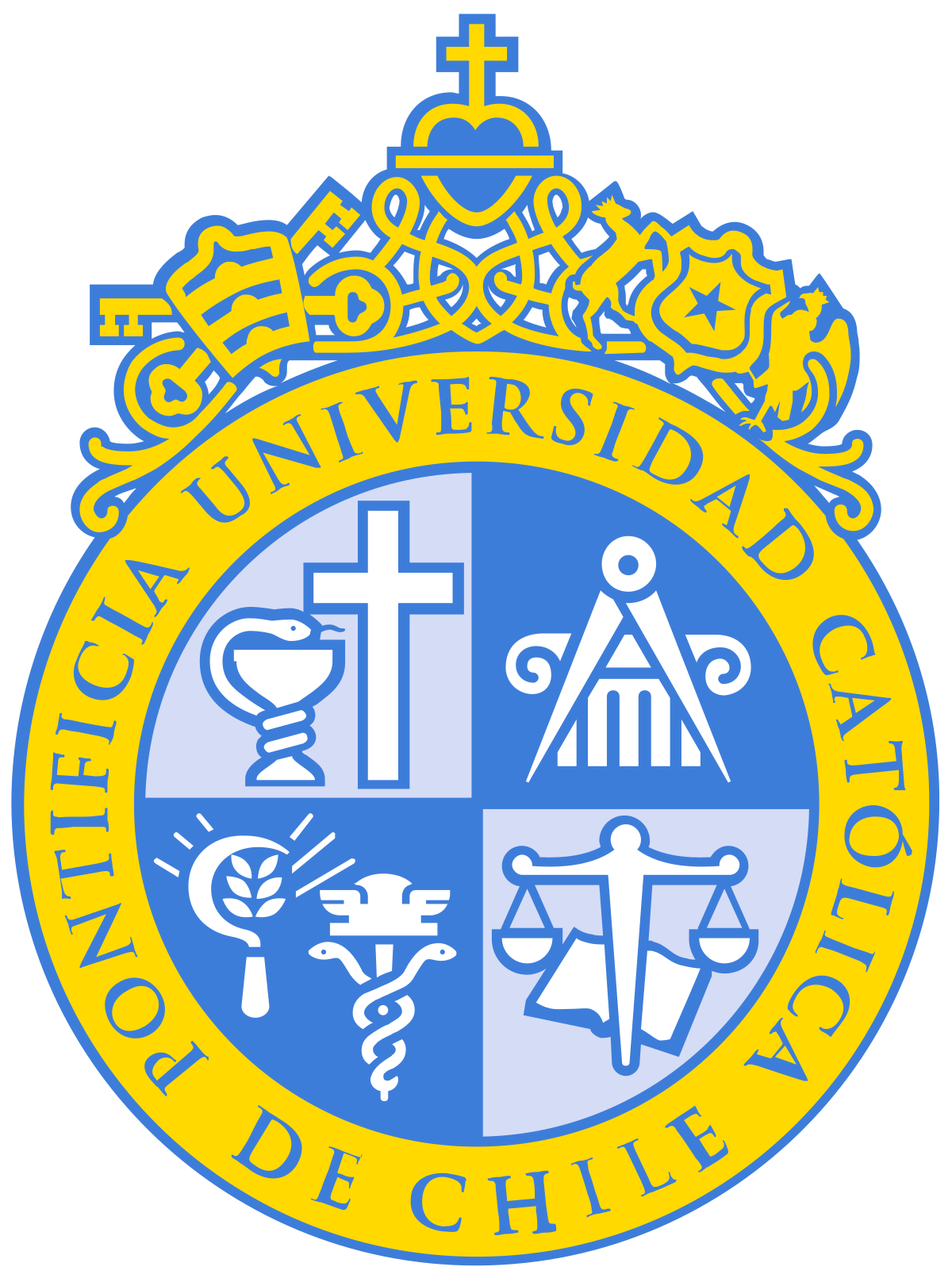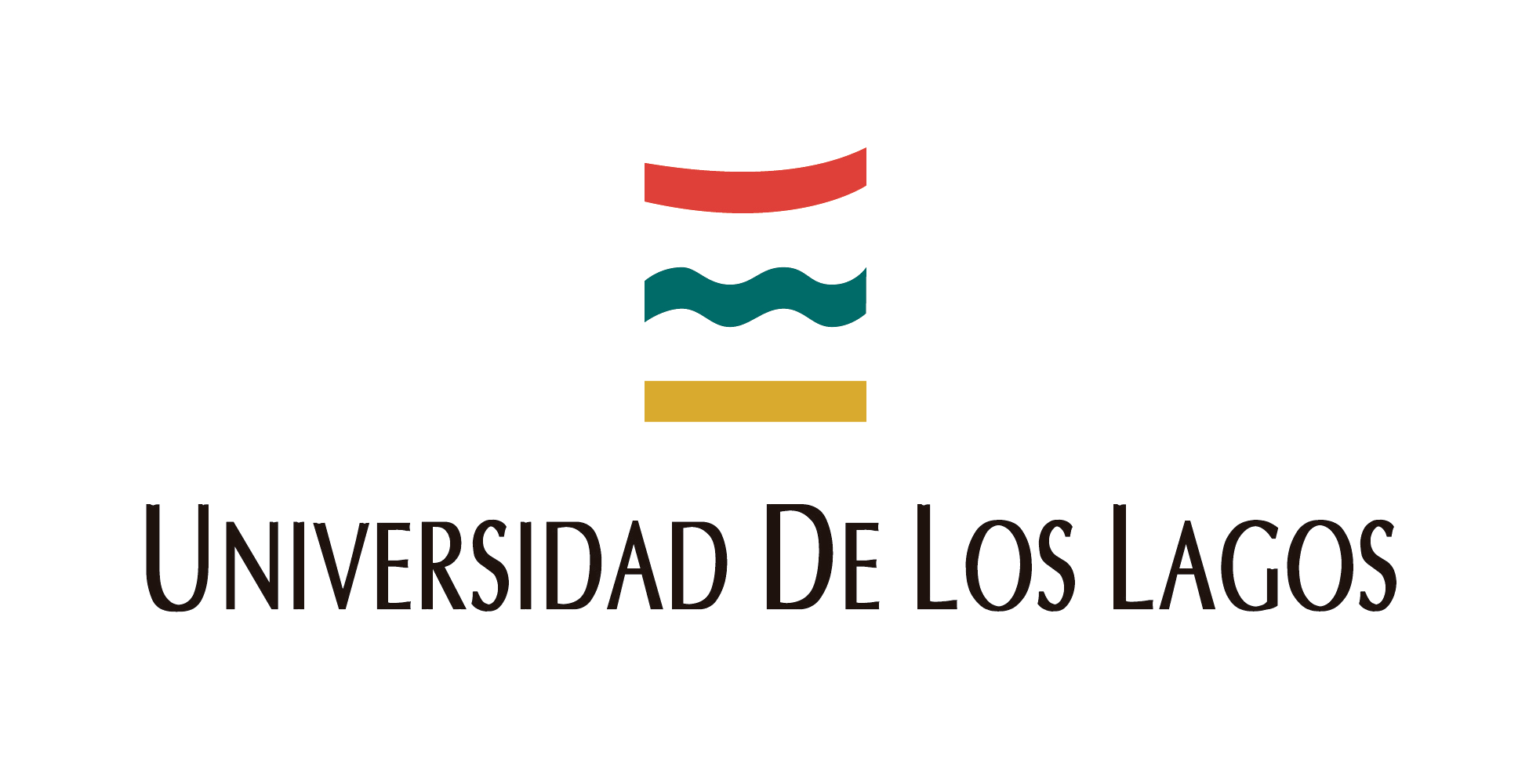General Objective
Strengthen and promote knowledge, frontier research, intercultural valuation and conservation of the mountain territories of southern Chile through a socio-ecological, inter- and trans-disciplinary approach that will generate cutting-edge science for the country and the world, with an impact on local development.
Specific Objectives
– To deepen the knowledge of the biophysical and social heritages, dynamics and processes that develop in this territory, identifying thematic areas and gaps.
– Identify the phenomena associated with global change that occur in mountain territories and analyze their consequences for human well-being.
– Promote a governance of CTCI ecosystem actors that allows the inclusion and articulation of the particularities of the LN MAS-Chile in local economic development proposals.
– Develop a methodology to include the particularities of the LN MAS-Chile in proposals to trigger economic and social development opportunities at the local level.
